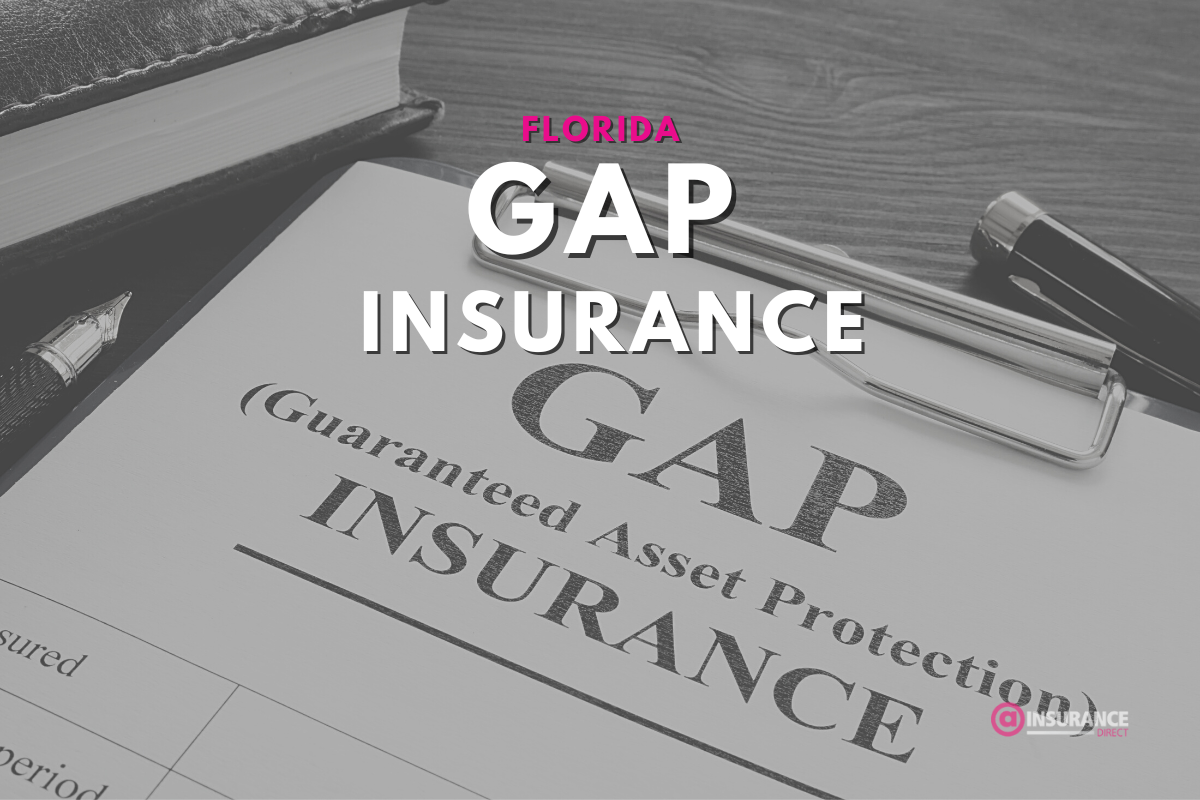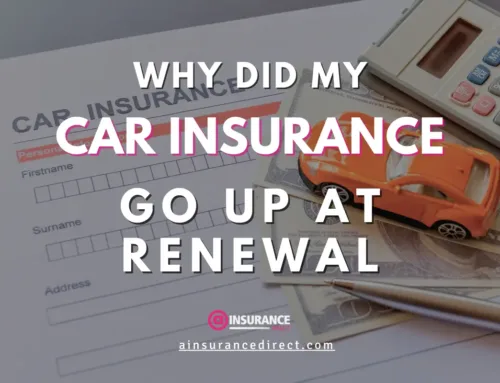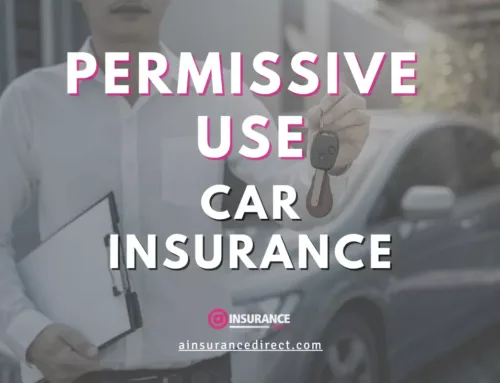
What is Gap Insurance Coverage
Gap insurance is a important coverage of auto insurance that most vehicle owner in Florida should consider. This specialized coverage serves as a financial safety, protecting you from the potential pitfalls of vehicle depreciation. When you purchase a new car, it loses value the moment you drive it off the dealer lot. If you’re involved in an accident and your car is deemed a total loss, standard auto insurance typically only covers the current market value of your vehicle, which may leave you with a significant financial gap.
Why Gap Coverage is Important for Most Drivers?
Gap insurance bridges that divide between what your insurer will pay and what you still owe on your auto loan or lease. For example, if you’ve financed $50,000 for a car that’s now worth only $40,000 after an accident, without gap insurance, you’d be responsible for paying the remaining $10,000 out-of-pocket to your lender. By securing gap insurance coverage in Florida, you can rest easy knowing that you’ll be protected against such unexpected expenses. Without it, you could find yourself in a precarious financial situation where you’re still making payments on a car you can no longer drive.
Insurance Fact
Is GAP Insurance a Required Coverage?
In Florida, while gap insurance is not legally required, it is highly advisable for anyone with an outstanding loan or lease on their vehicle. Without this coverage, if your car is totaled in an accident or stolen, you could find yourself responsible for paying off a loan that exceeds the payout from your auto insurer.

What else do we need to know about Gap Insurance
This coverage becomes particularly important for those who finance or lease their vehicles, as depreciation can significantly impact the amount you receive from your standard auto insurance policy.
In Florida, where many drivers opt for financing, this coverage can be crucial. If your car is stolen or damaged beyond repair, standard auto insurance typically only pays out based on the market value of your vehicle at that time. In most cases it is much less than what you still owe to the lender.
What Is The Minimum Insurance Coverage Required by Most US States?
| Minimum Insurance Required |
Bodily Injury (BI) | Property Damage (PD) |
Personal Injury Protection (PIP) |
|---|---|---|---|
| Florida (No-Fault) | optional coverage | $10,000 | $10,000 |
| Texas (At-Fault) | $30,000 per person, $60,000 per accident |
$25,000 | optional coverage |
| Tennessee (At-Fault) | $25,000 per person, $50,000 per accident |
$15,000 | optional coverage |
What Is The Average Auto Insurance Cost Per Year in Tennessee?
| Average Cost Per Year | State Minimum Car Insurance | Basic Full Car Insurance | Full Car Insurance |
|---|---|---|---|
| Florida | $882 | $1,732 | $1,957 |
| Texas | $748 | $1,622 | $1,874 |
| Tennessee | $583 | $1,521 | $1,787 |
The Key Benefits of Having Gap Insurance Coverage
In essence, gap insurance is peace of mind during uncertain times. As the roads continue to see high traffic and potential accidents are always a risk, investing in gap coverage can safeguard your financial future and ensure you’re not left struggling to cover costs after an unfortunate event. Without it, you could find yourself in a precarious financial situation where you’re still making payments on a car you can no longer drive. Don’t overlook this vital aspect of auto insurance.
Don’t leave yourself exposed, consider adding gap insurance to your auto insurance policy today! Contact an licensed agent form Insurance Direct for more information or adding this type of coverage.
Drive Safe!


